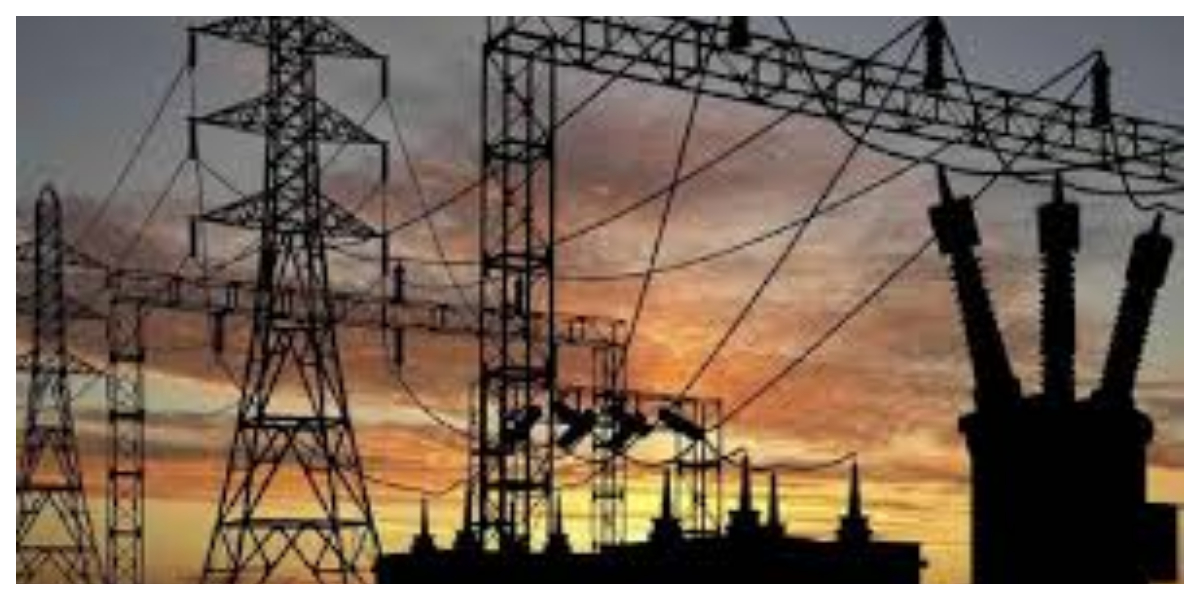Nigeria’s electricity grid experienced its third collapse this week, leaving the country without power as of 9:20 am today.
Cyber Reporters gathered that the grid recorded zero megawatts leading to total blackout.
This latest failure exacerbates the nation’s already fragile power system, further crippling businesses and households.
The unreliable electricity supply has severe economic implications, affecting productivity and livelihoods.
The collapse occurs amidst soaring fuel costs and scarcity, compounding the challenges faced by Nigerians.
Many rely on generators for electricity, but the unavailability and high cost of fuel have made this alternative unaffordable.
According to the Nigerian Bureau of Statistics, NBS, the country’s power sector lost N524.6 billion in 2022 due to grid collapses and transmission constraints.
Nigeria’s power generation capacity stands at 13,000 megawatts, but the country distributes only around 4,000 megawatts due to infrastructure limitations and transmission losses.
The federal government has pledged to address the power sector’s challenges through initiatives like the Presidential Power Initiative, PPI.
However, implementation has been slow, leaving Nigerians to bear the brunt of the inefficient power supply.
Experts advocate for urgent investment in grid infrastructure and renewable energy sources to stabilize Nigeria’s power sector and drive economic growth.






